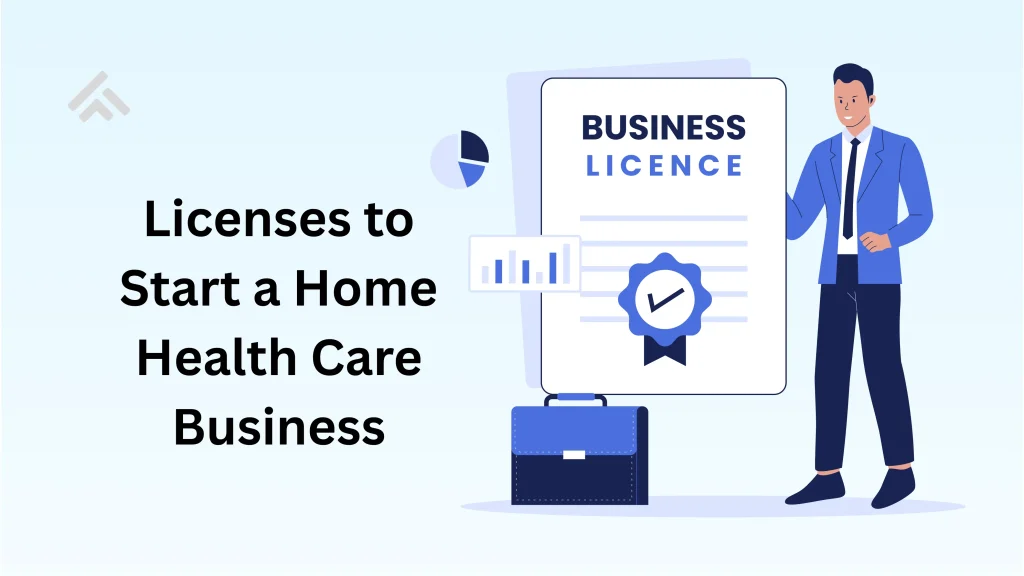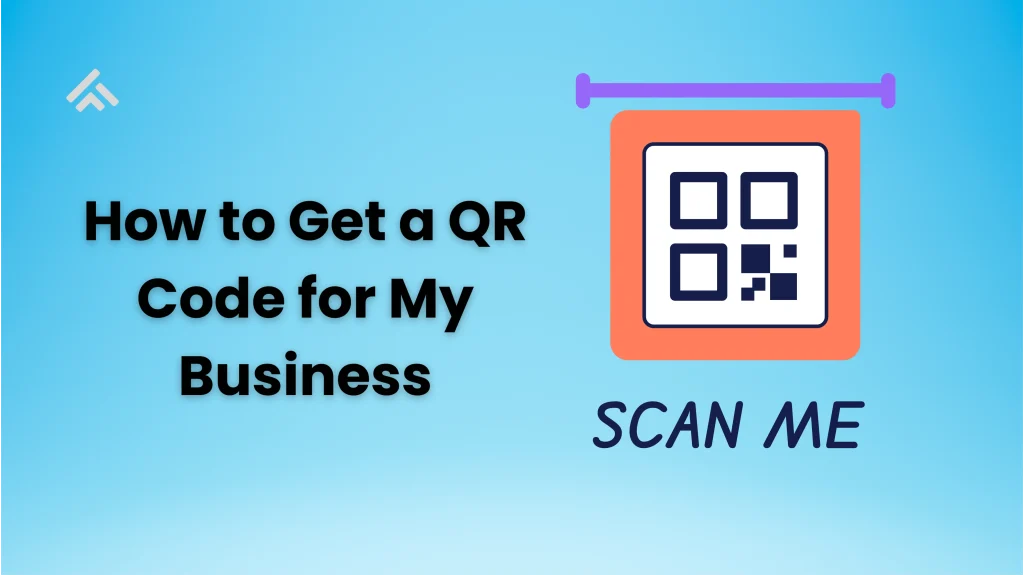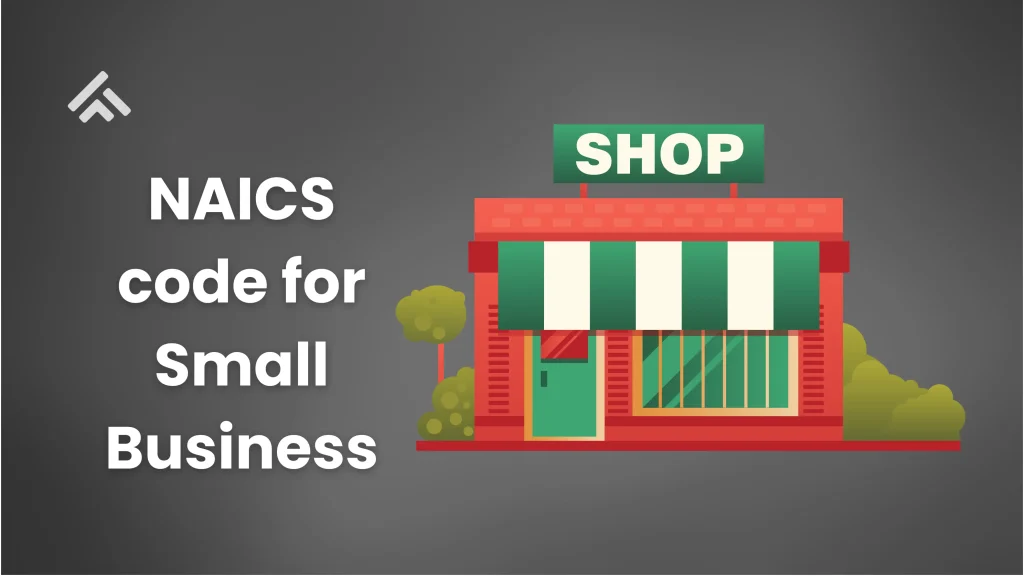Licensing is important because it makes your home health care business legal. Without it, you cannot operate or get paid by insurance companies like Medicare or Medicaid. A license also shows that you follow health and safety rules. It helps build trust with families who want safe care for their loved ones.
To start, you need a general business license and special health care licenses. These depend on your state and the services you offer. If you hire nurses or caregivers, they also need the right licenses. You may also need background checks and inspections. Some states ask for extra training or certifications.
Table of Contents
Federal vs. State Licensing Requirements
Federal Licensing Requirements
Federal licenses are needed if you want to serve patients who use Medicare or Medicaid. These come from the Centers for Medicare & Medicaid Services (CMS). To get certified, you must meet strict health and safety rules. Your agency must follow care standards and go through inspections. You also need a National Provider Identifier (NPI) and must apply for Medicare or Medicaid certification. This allows you to receive payments from government insurance programs.
State Licensing Requirements
State licenses depend on where you live and the type of care you offer. Each state has its own rules and process. Some states may ask for caregiver training, background checks, and safety inspections. You may need a home care agency license or a health department permit. If you plan to hire nurses, they must also be licensed in that state. It’s important to follow your state’s health care rules to legally run your business.
Common Licenses and Certifications Needed
To start a home health care business, you need the right licenses and certifications. These prove your business is legal, safe, and ready to serve people at home. To apply for licenses, it’s useful to know your NAICS code for small business.
General Business License
This license allows you to legally open and run your business in your city or county. You get it from your local business office. It’s usually the first step before applying for health care licenses.
Home Care Agency License
This is required in most states to provide home care services. It’s issued by your state’s health department. You must meet rules for safety, staff training, and patient care. Some states also do home visits or inspections before approval.
Medicare and Medicaid Certification
If you plan to serve patients using government insurance, you need this certification. It comes from the Centers for Medicare & Medicaid Services (CMS). You must pass a survey that checks your care standards, record keeping, and safety practices.
Employer Identification Number (EIN)
This is a federal tax ID from the IRS. You need it to hire staff, open a business bank account, and file taxes. It’s free and easy to get online.
State Health Permits
Some states ask for extra permits related to sanitation, infection control, or home visits. These help ensure your care environment is safe and clean.
Caregiver and Nursing Licenses
If your staff provides medical care, they must have the right state licenses. This includes nurses, therapists, or certified home health aides. Some states also require continuing education and background checks.
Accreditation and Optional Certifications
Accreditation is not always required, but it adds value to your home health care business. It shows that your agency follows high standards of care and safety.
- Joint Commission Accreditation: This is one of the most respected accreditations in health care. It proves your agency meets strong standards for patient care, staff training, and safety. You must pass a detailed inspection to earn it.
- CHAP (Community Health Accreditation Partner): CHAP is another trusted organization that offers accreditation. It focuses on quality, performance, and ongoing improvement. It’s often used by smaller or new home health care agencies.
- ACHC (Accreditation Commission for Health Care): ACHC provides accreditation for home health, hospice, and private duty care. It helps your agency build trust and meet industry standards.
Steps to Apply for Licenses
Starting a home health care business requires following clear legal steps. Getting the right licenses helps you run safely and legally.
Prepare Business Documents
First, choose a name and register your business with the state. Get a general business license and a federal Employer Identification Number (EIN) from the IRS. You should also write a simple business plan, including services offered, pricing, and staff roles. Having these ready makes the process smoother.
Apply for State Home Care License
Go to your state’s health department website and download the home care license application. Fill out every section carefully. You’ll often be asked for a list of services, your office location, staff details, and care policies. Some states also want you to show your emergency and infection control plans.
Complete Background Checks
You and your staff must pass criminal background checks. This is required in most states to protect patient safety. Some states also ask for fingerprinting and abuse registry checks. Do this step early to avoid delays.
Pass Inspections or Site Visits
Before giving you a license, the state may inspect your office or care setting. They check for safety tools like first-aid kits, patient files, and proper equipment. They also review how you store medical records and handle emergencies.
Apply for Medicare/Medicaid Certification (If Needed)
If you want to treat patients with Medicare or Medicaid, apply for CMS certification. You’ll need to submit a special application (CMS-855A) and go through a federal survey. This checks your care standards, staffing, and patient rights policies.
Wait for Approval and License Issuance
After submitting everything, you must wait for your license. Some states take weeks, while others may take a few months. During this time, stay in contact with your state agency and keep copies of all paperwork for your records.
Costs and Timelines Involved
Starting a home health care business includes different costs. These costs depend on your state, services, and how fast you want to begin. Common expenses include application fees, background checks, office setup, and insurance. A general business license may cost between $50 and $400. A home care agency license can range from $500 to $1,000. Medicare and Medicaid certification may also require extra costs for surveys and paperwork. You might spend $2,000 to $10,000 overall before you serve your first client.
Timelines also vary by state. Getting a general business license usually takes a few days. Applying for a state home care license may take 1 to 3 months. Passing inspections and background checks may add more time. If you apply for Medicare or Medicaid, the process can take 6 months or longer. It’s important to plan ahead and be patient. Start early so you’re ready when your license is approved.
Conclusion
Starting a home health care business takes time, effort, and the right licenses. You need a general business license, a state home care license, and in some cases, Medicare or Medicaid certification. Each step helps you run legally and safely.
Rules and costs may be different in each state. It’s important to follow your local health department’s guidelines. Having the right licenses builds trust and helps your business grow. Plan early, keep all documents ready, and stay patient. This will help you start your home care service the right way.



